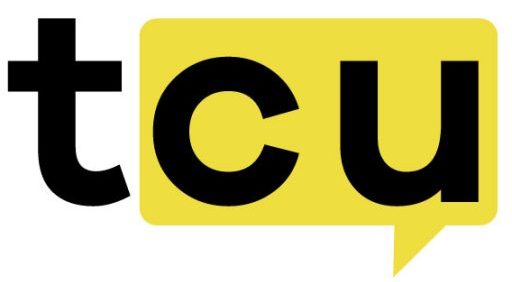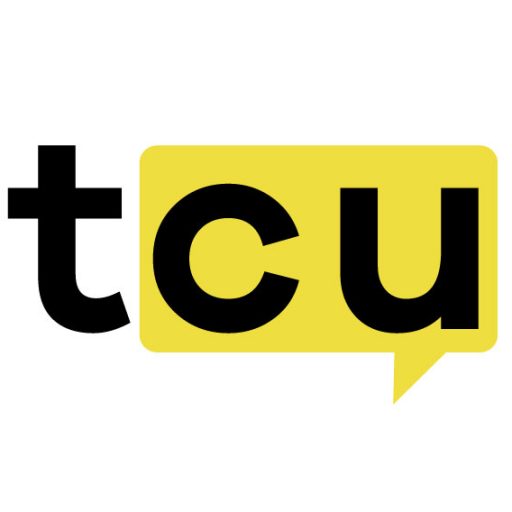The Security Concern That Caught Everyone Off Guard
I was genuinely surprised when I learned about this. MetaMask’s new Google login feature isn’t just about convenience—it’s actually syncing your manually imported wallet seed phrases and private keys to cloud storage. That’s what Cos, the founder of blockchain security firm SlowMist, discovered and shared on social media.
He admitted the feature caught him completely off guard. If your Google account gets compromised, an attacker could potentially access multiple wallets linked through MetaMask in one go. That’s a pretty significant security risk that many users probably didn’t anticipate.
How the System Actually Works
From what I understand, MetaMask designed this feature to make things easier for newcomers. Instead of creating a wallet from scratch, users can initialize one using their Google or iCloud credentials. The wallet then encrypts and backs up the mnemonic file to the chosen cloud service.
The wallet unlock password serves as the decryption key, which theoretically gives users control over their backups. On paper, this makes sense for people who struggle with private key storage. But perhaps it creates more problems than it solves.
Other wallet providers are trying similar approaches. Coinbase’s Base wallet uses Passkeys and stores credentials in iCloud Keychain by default. While this reduces friction, it also means we’re putting more trust in tech giants like Apple and Google.
Community Reactions and Concerns
The news sparked quite a debate online. Many users pointed out that local offline backups remain the safest option because they’re not exposed to cloud hacks or phishing attempts.
One user made a good point—relying on big tech firms for Web3 security feels somewhat counterintuitive. I mean, wasn’t the whole point of this space to reduce our dependence on centralized entities?
Cos clarified that MetaMask’s approach isn’t using multi-party computation (MPC). It’s a more straightforward system where encrypted wallet files get tied to cloud accounts. Some users also questioned whether this feature supports only Ethereum wallets or if it could extend to Bitcoin. Cos mentioned the system can technically support both wallet types, but there might be gaps in how it handles staked assets.
The Ongoing Tension in Crypto
This situation really highlights the constant struggle in the crypto space—balancing convenience with true decentralization and security. For newcomers, cloud integration definitely lowers barriers and reduces the chance of losing wallet access. That’s a legitimate benefit.
But for experienced users, the idea of storing private keys in Google or Apple’s ecosystem feels like a dangerous compromise. It’s one thing to use these services for email or documents, but private keys are fundamentally different.
Cos ended his discussion with a simple but important reminder: don’t skip traditional backups. Writing down seed phrases and keeping them offline might feel old-fashioned, but it remains the most reliable way to protect funds.
As more wallets integrate cloud logins, we’ll all need to carefully weigh convenience against risk. Sometimes the easiest path forward isn’t the safest one, and in crypto, that lesson can be particularly expensive.
![]()


